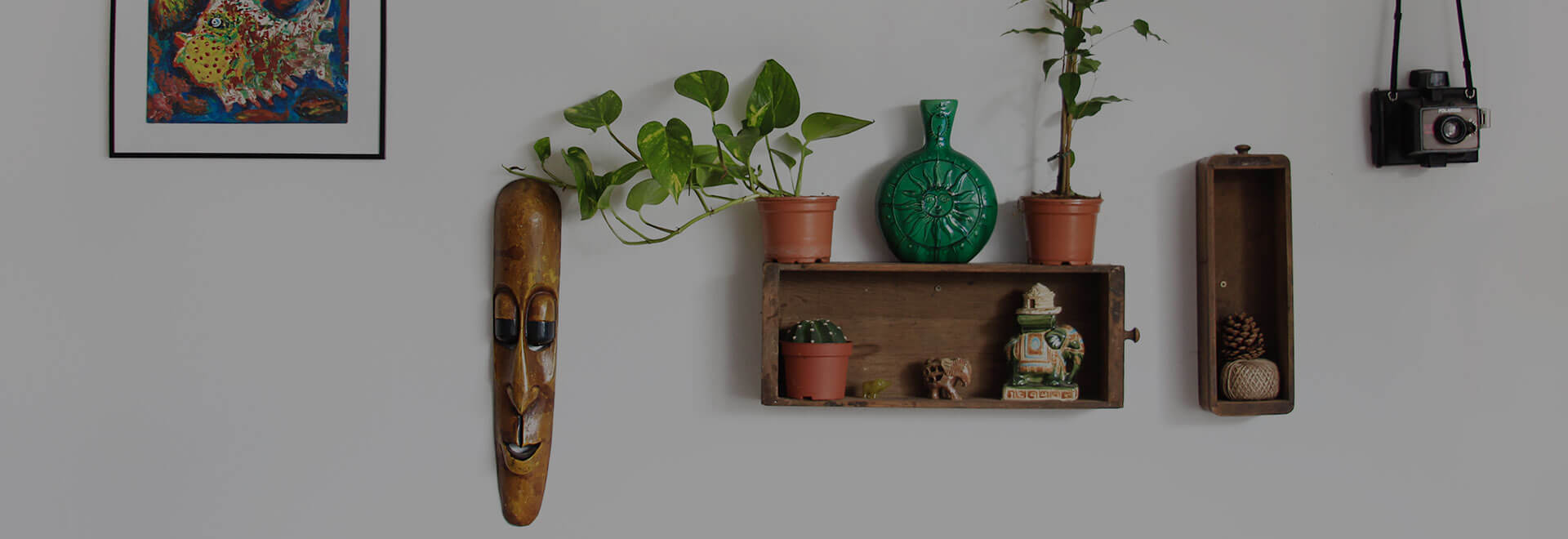“Feng Shui 101: Transforming Your Space for Positive Vibes”

Feng Shui, an ancient Chinese art and science, is not just about arranging furniture or selecting colors; it’s a profound philosophy that seeks to harmonize individuals with their surrounding environment. Rooted in the belief that the arrangement of our physical surroundings profoundly influences our well-being, Feng Shui offers a roadmap to optimize the flow of energy, or chi, in our spaces. By strategically placing objects, considering the orientation of doors and windows, and incorporating the balance of elemental forces, Feng Shui aims to create environments that support and enhance various aspects of life, from health and wealth to relationships and creativity. It’s a holistic approach that invites individuals to connect with their living spaces in a way that promotes balance, positivity, and a sense of well-being.
Tips on creating a space that is Feng Shui:
Living Room:
Furniture Arrangement: Arrange furniture to encourage conversation and create a welcoming space.
Balance Elements: Incorporate a mix of the five Feng Shui elements (wood, fire, earth, metal, water) through decor items like plants, candles, and art.
Natural Light: Maximize natural light and use mirrors to enhance brightness.
Clear Pathways: Ensure clear pathways for energy flow and avoid clutter.
Comfortable Seating: Invest in comfortable and supportive seating for relaxation and socializing.
Bedroom:
Bed Placement: Place the bed in a commanding position with a clear view of the bedroom door but avoid direct alignment.
Limited Electronics: Minimize electronic devices in the bedroom for better sleep quality.
Symmetrical Decor: Use symmetrical decor, such as matching bedside tables, to promote balance.
Quality Bedding: Invest in high-quality, comfortable bedding for a restful sleep.
Kitchen:
Cleanliness: Keep the kitchen clean and well-organized to promote positive energy around food preparation.
Good Lighting: Ensure adequate lighting, especially in work areas like the stove and countertops.
Organized Pantry: Maintain an organized pantry to avoid clutter and food waste.
Healthy Plants: Place healthy and thriving plants, such as herbs, to symbolize growth and vitality.
More useful Feng Shui Tips:
Home Arrangement: Arrange furniture and decor to promote positive energy flow (chi) throughout your home.
Color Selection: Choose colors based on the five Feng Shui elements to balance and harmonize the energy in each room.
Clutter Clearing: Declutter spaces regularly to allow positive energy to circulate freely.
Natural Elements: Incorporate natural elements like plants, water features, and crystals to enhance the connection with nature.
Lighting: Use appropriate lighting to create a balanced and vibrant atmosphere.
Mirror Placement: Place mirrors strategically to reflect positive energy and expand space.
Bedroom Feng Shui: Arrange the bedroom to promote restful sleep and positive energy.
Office Feng Shui:Organize the workspace for increased productivity and creativity.
Incorporate Feng Shui Symbols: Use symbols such as the Bagua mirror, lucky bamboo, or the Chinese dragon for positive energy.
Water Features: Introduce water features like fountains or aquariums to enhance the flow of energy.
Door Facing Directions: Consider the orientation of your main entrance door for attracting positive energy into your home.
Garden Feng Shui: Apply Feng Shui principles to your garden layout, plant selection, and overall design.
Space Clearing Rituals: Perform space clearing rituals to refresh and purify the energy in your home.
Feng Shui for Wealth: Implement Feng Shui principles to enhance the energy related to wealth and abundance.
Travel Feng Shui: Apply Feng Shui principles when planning travel, such as choosing accommodations and arranging personal spaces for optimal energy flow.
